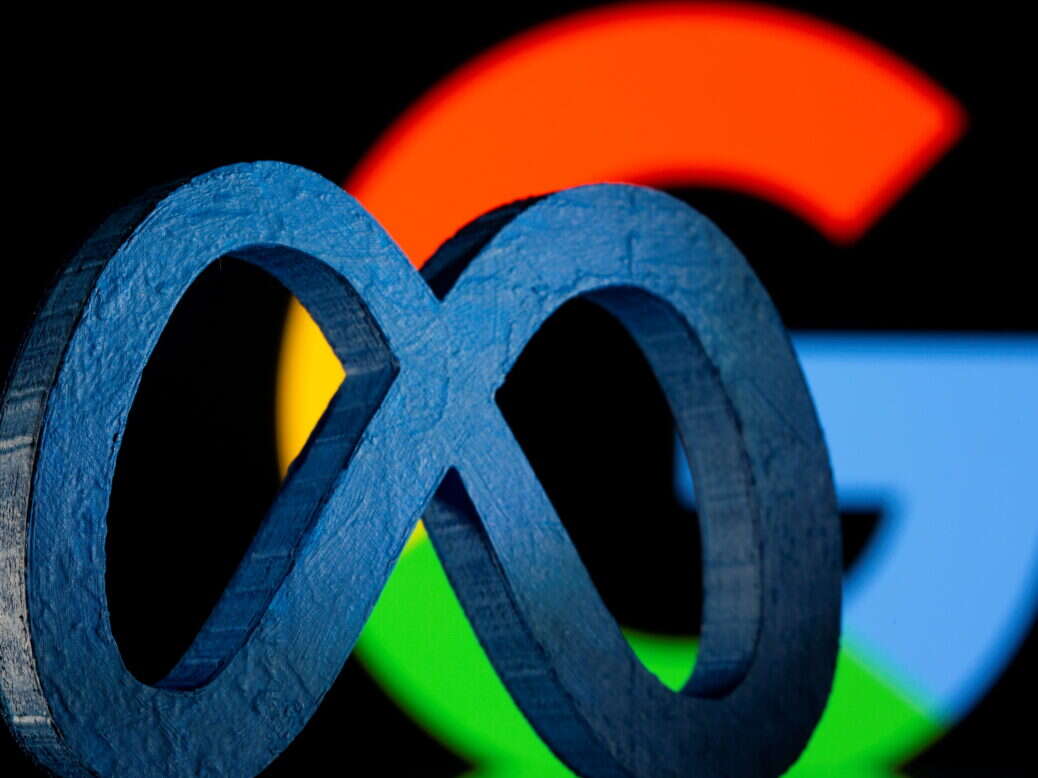
Update 30 June: A week after Canada passed the Online News Act and Meta said it will block news on Facebook and Instagram, Google has now followed suit.
Google said it would remove all Canadian news links from its Search, News and Discover platforms when the Online News Act takes effect.
Kent Walker, Google and owner Alphabet’s president of global affairs, also said it would be “untenable” to continue with its Google News Showcase product in Canada.
Walker said in a blog: “The unprecedented decision to put a price on links (a so-called ‘link tax’) creates uncertainty for our products and exposes us to uncapped financial liability simply for facilitating Canadians’ access to news from Canadian publishers.
“We have been saying for over a year that this is the wrong approach to supporting journalism in Canada and may result in significant changes to our products.”
Walker said Google will “participate in the regulatory process and will continue to be transparent with Canadians and publishers as we move forward”, adding: “We hope that the Government will be able to outline a viable path forward.
“Otherwise, we remain concerned that Bill C-18 will make it harder for Canadians to find news online, make it harder for journalists to reach their audiences, and reduce valuable free web traffic to Canadian publishers.”
Canada’s heritage minister Pablo Rodriguez said in a statement, reported by Fortune, that Google’s decision was “deeply irresponsible and out of touch… especially when they make billions of dollars off of Canadian users. Canada needs to have a strong, free and independent press, it’s fundamental to our democracy.”
Original story 23 June: Canada’s parliament on Thursday passed the Online News Act, which will seek to force Google and Facebook to pay publishers for news.
The legislation, which could lead to deals worth CA$329m a year for publishers according to a parliamentary estimate, is now awaiting royal assent before it becomes active.
In response Meta, the owner of Facebook and Instagram, said that it would follow through with threats to block “news availability” on its platforms in Canada before the bill takes effect.
At the time of writing Google, owned by Alphabet, had not issued a statement in response to the legislation, which will come into force six months after it receives royal assent. The search giant has already expressed reservations about the Online News Act and has experimented with news-blocking some of its Canadian users.
Canada’s Online News Act is roughly based on Australia’s News Media Bargaining Code, which was passed into law in early 2021.
In Australia, the tech giants made several threats about withdrawing services from users and Facebook did briefly block news on its platform. (A Wall Street Journal investigation alleged that Facebook’s news ban had “deliberately caused havoc” by also blocking access to the pages of emergency services and charities as well as publishers.)
But, ultimately, the News Media Bargaining Code persuaded Google and Facebook to strike cash-for-content deals with publishers that were thought to be worth more than AU$200m a year cumulatively.
In an interview with Press Gazette’s Future of Media Explained podcast last month, the head of Canada’s news industry body, which has long lobbied for the legislation, said he believed Google and Meta would come to recognise that it was in their “self-interest” to retain news on their platforms.
Paul Deegan, the president and chief executive of News Media Canada, advised publishers in others countries to not be “intimidated” by their threats.
The UK, US and several other countries are considered introducing similar laws.
Like the News Media Bargaining Code in Australia, Canada’s Online News Act enables publishers to band together to negotiate deals with Google and Facebook. Both laws contain the threat of final-offer arbitration if deals cannot be struck.
Email pged@pressgazette.co.uk to point out mistakes, provide story tips or send in a letter for publication on our "Letters Page" blog
